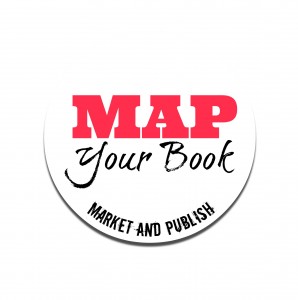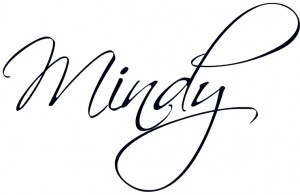 Before you launch the marketing platform you’ll need to make your book a colossal success, you need to ask yourself a very important question:
Before you launch the marketing platform you’ll need to make your book a colossal success, you need to ask yourself a very important question:
What will you use as your author name?
You have a few options here. You can go with your given name, or you can use a pen name.
If you opt for a pen name, you won’t be alone — there’s a long list of successful authors who used pen names, mostly for fictional works, including Currer Bell, Ellis Bell, Lewis Carroll, Mark Twain, and J. D. Robb. (Otherwise known as Charlotte Bronte, Emily Bronte, Charles Dodgson, Samuel Clemens, and Nora Roberts.)
But if you’re on the fence and don’t yet know whether you want to use your real name or an alias, here are three practical reasons to use a pen name when you write your book.
Reason #1: You don’t love your given name
This is the most obvious reason of all — you flat-out don’t like your name.
Maybe you have a complicated name that’s hard for others to remember and spell, like Deshawndria Marcogaga (both are real names!).
Or perhaps you have a common name that doesn’t stand out, like Tom Smith or Jennifer Brown.
Recognition and recall are both important when it comes to building your self-marketing platform. You want your readers to be able to remember and spell your name with ease so they can type it into a search box or tell others about you.
Reason #2: There’s already someone famous with the same name
Besides wanting to differentiate yourself as an individual, there’s a practical reason to not use the same name as someone who’s already famous. And it all comes down to the search engines.
Your self-marketing platform will be largely based online, since that’s the fastest and easiest way to build a following. That means you’ll want to create a brand around your author name. You want fans and prospective readers to type your name into a search engine and get fed results that link to your website and platforms.
If someone else is already well-known by the same name as you, chances are good their links will eclipse yours.
Over time, you might be able to change this. But what confusion might your fans experience in the meantime? How many potential fans might you lose because someone else’s book came up on Amazon when they typed in your name?
One way around this is to use a different version of your given name, such as including your middle name or initial. Copywriting legend and author Bob Bly does this for his published books. A writer older than him, a poet, had already published under the name “Robert Bly.” So Bob Bly the copywriter publishes under the name “Robert W. Bly.”
Or, you could go by your first two initials (e.g., J. K. Rowling).
If you go with an altered version of your current name, you’ll want to pick a format and be consistent about it.
Reason #3: You want to create separation between your day job and writing efforts
If you moonlight as an erotic romance writer but your day job is nuclear scientist, you might not want to crisscross the two worlds. (I actually know an author who fits this description!)
Or, maybe your given name is already linked to your current career and people who see your name pop up will automatically think of your day job and not your writing pursuits. Differentiating yourself between two careers is a good reason to use a pen name.
On the other hand, some writers use this to their advantage, particularly if they already have a following under their given names. It could work well if your connections are also prospective readers of your book (to figure that out, you need to define your reader base).
If You Need More Reasons to Use a Pen Name…
Above are some of the more practical reasons to use a pen name. But pen names can also boost creativity (here’s how).
Remember, these aren’t all hard and fast rules. If your name is on the common side but you love it regardless, you can still make it work. Author John Green certainly did.
If you’ve already decided to use a pen name for any of the reasons we’ve discussed here, terrific. Just keep in mind there are a few legal things to know about pen names.
And if you want one but haven’t yet chosen a pen name, read these tips on how to choose your pen name.
But also consider that sometimes, choosing a pen name isn’t a good idea (here’s why).
If you haven’t decided either way… which way are you leaning?
To your writing success, regardless of name!







